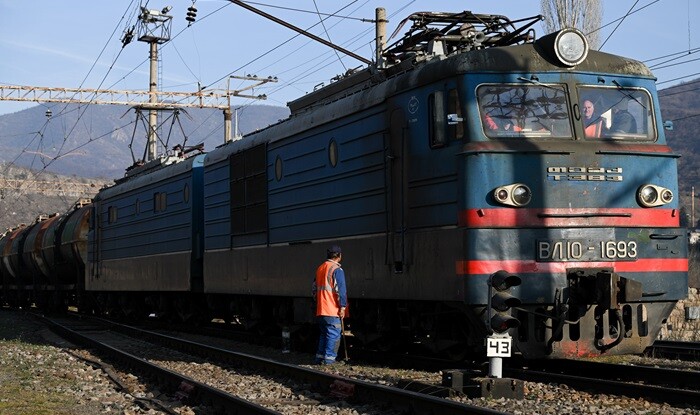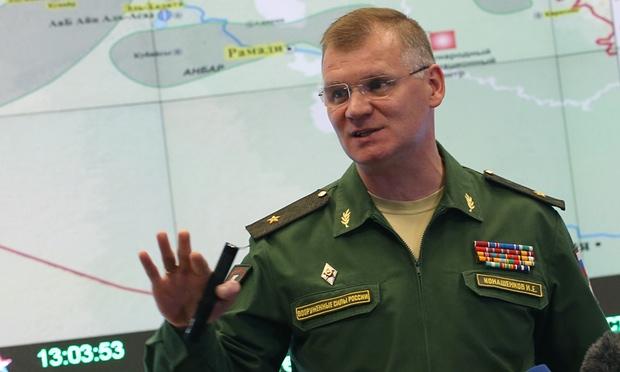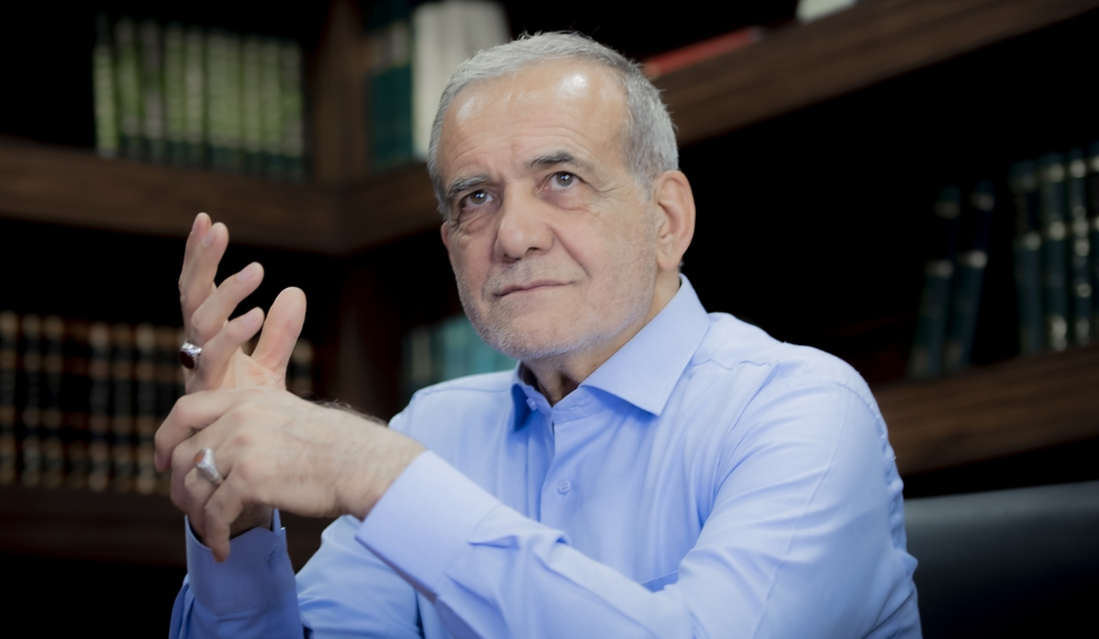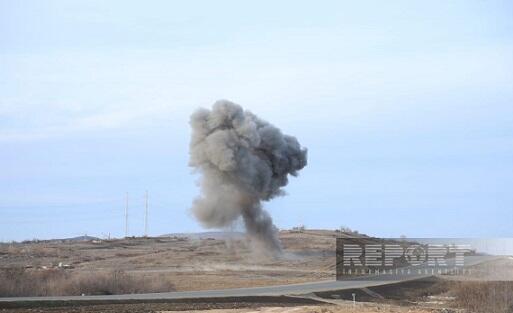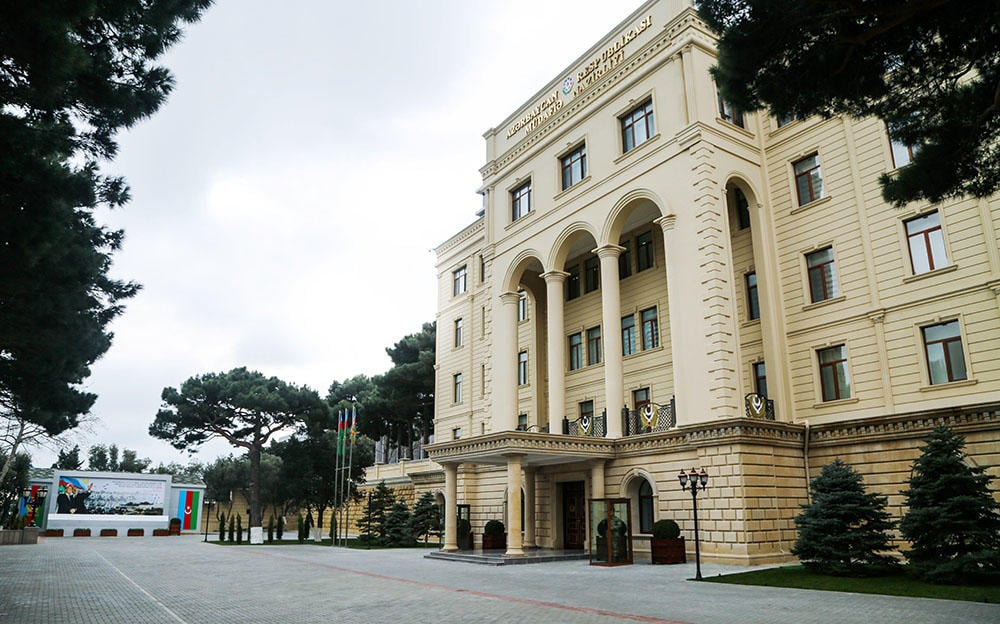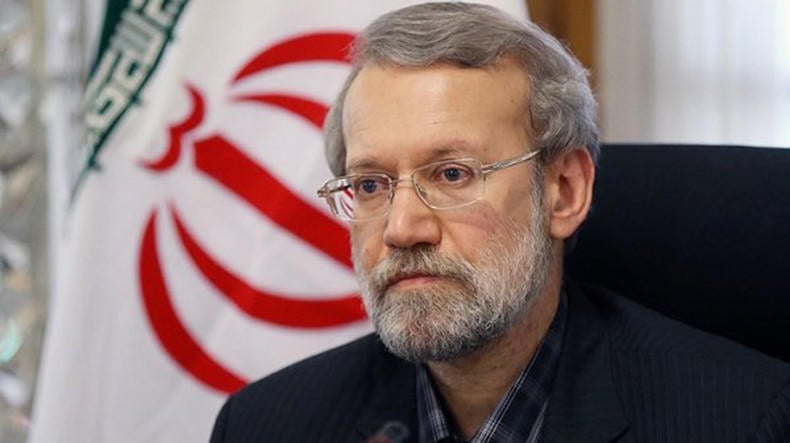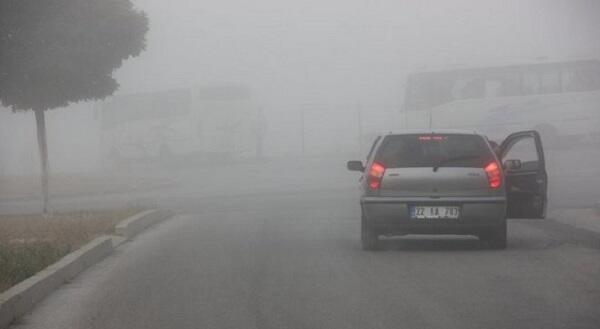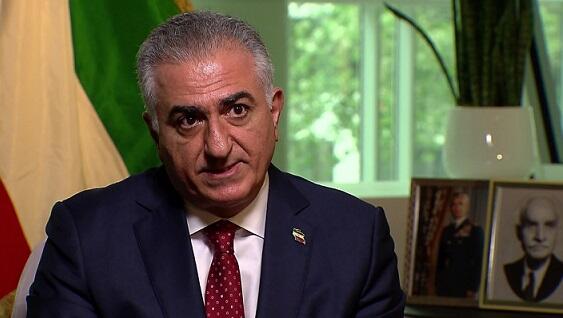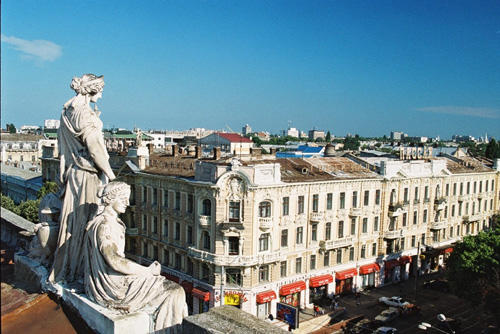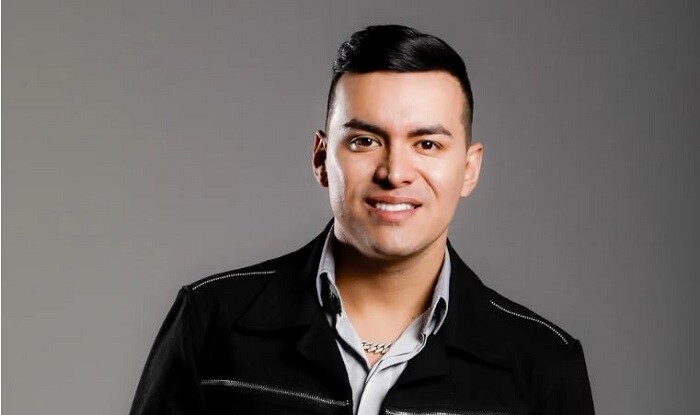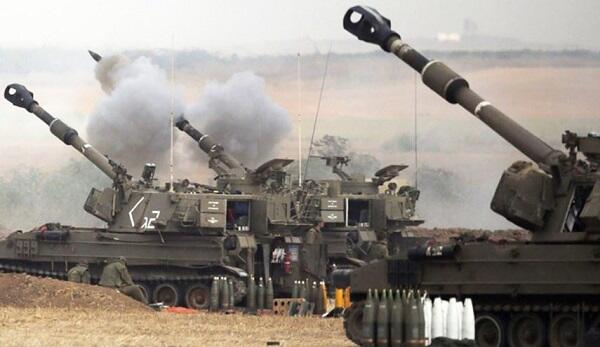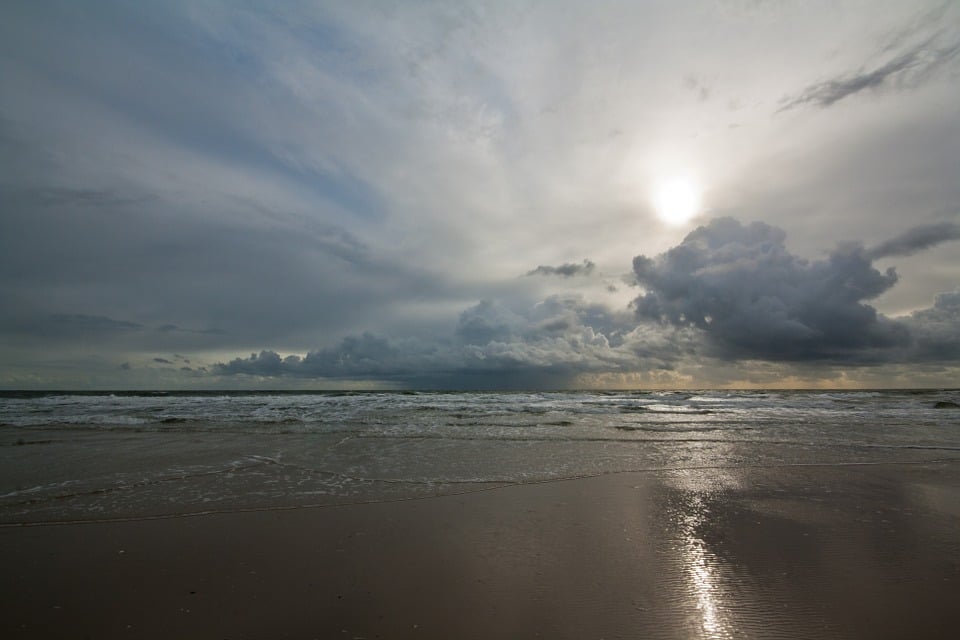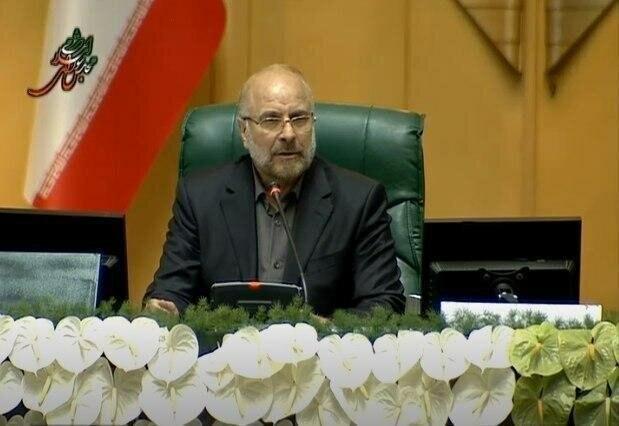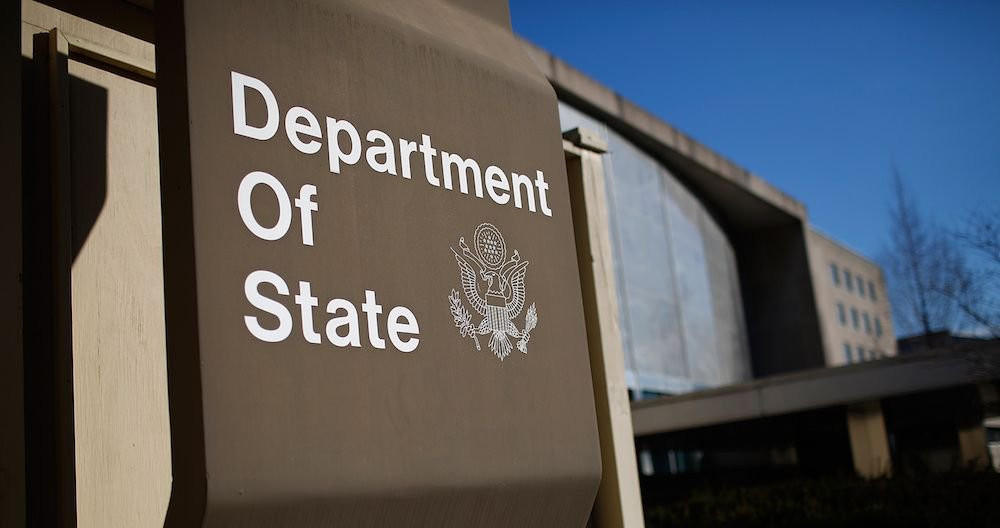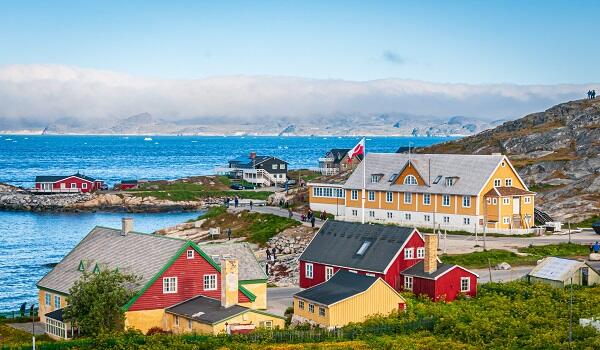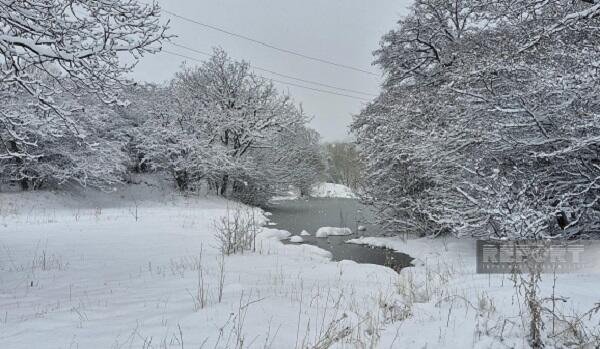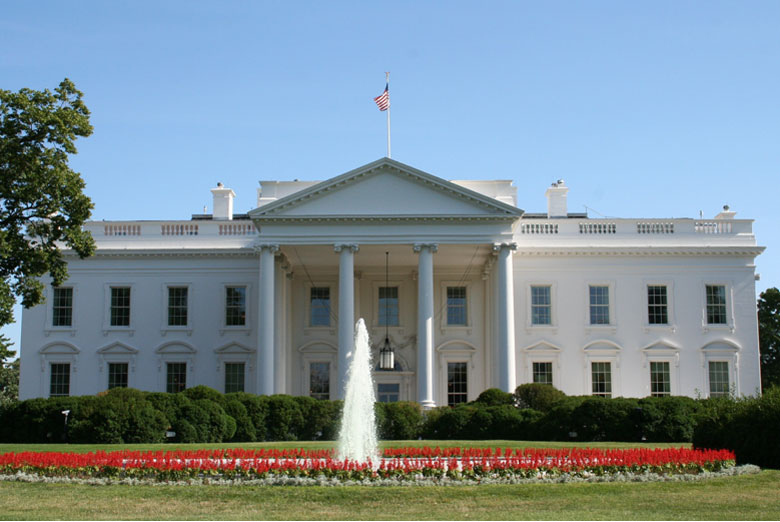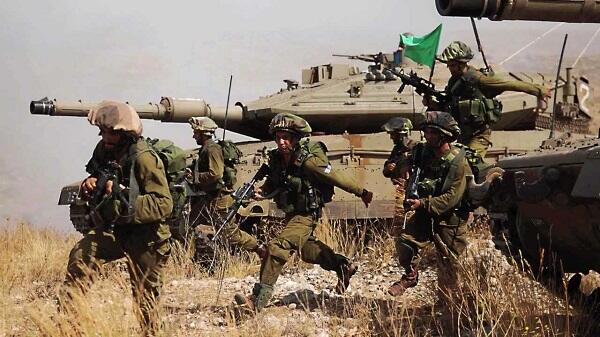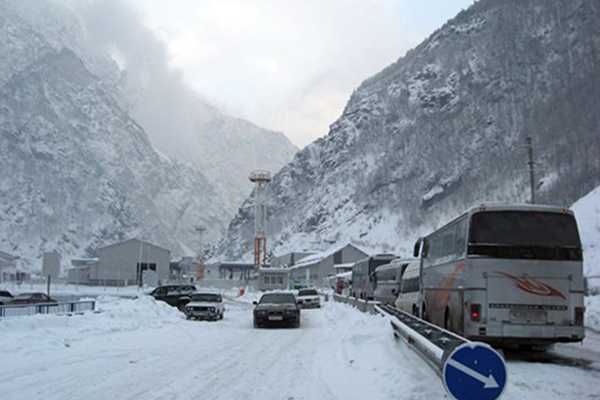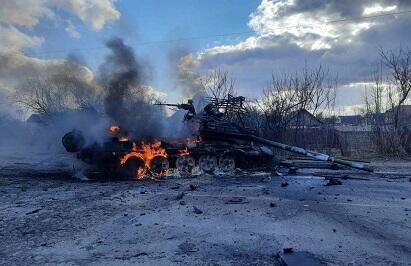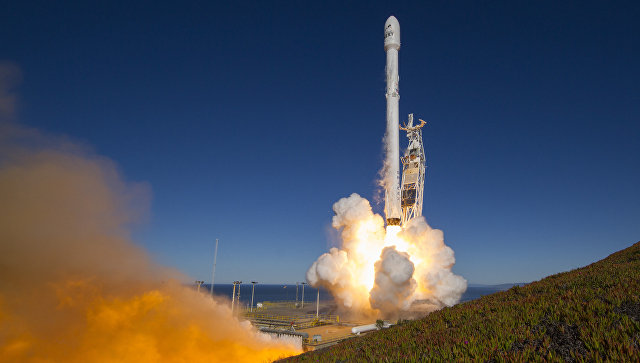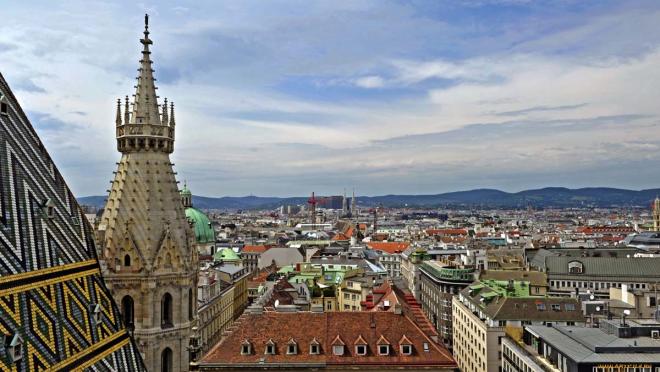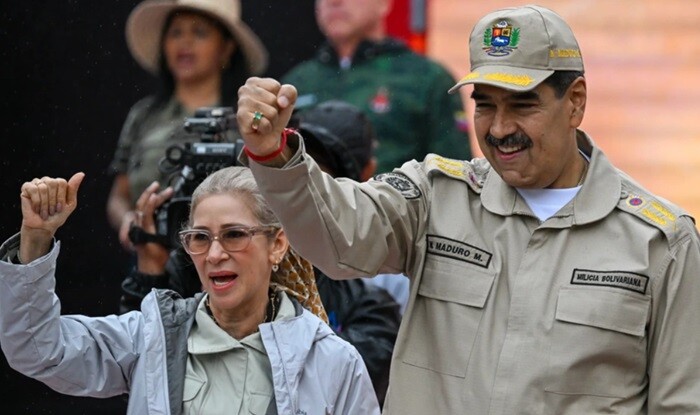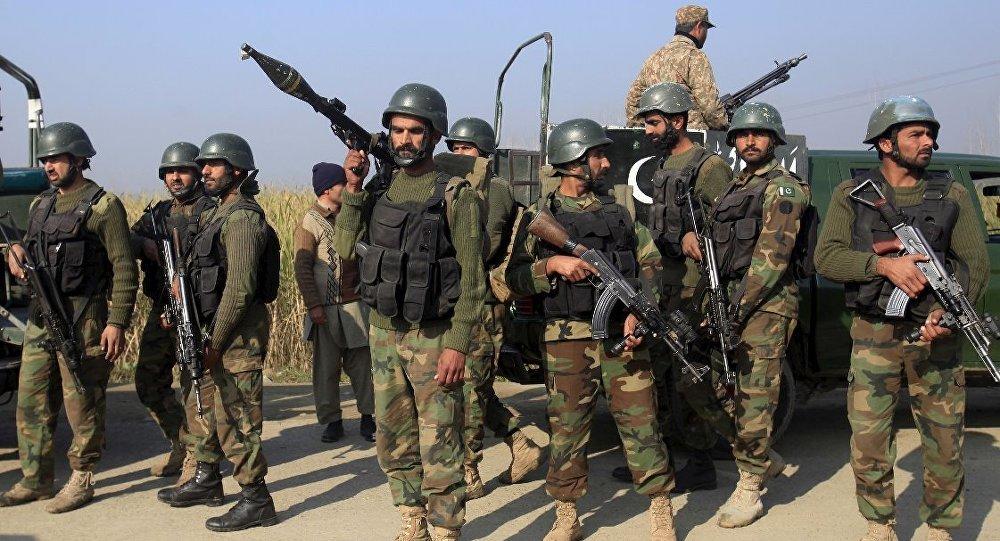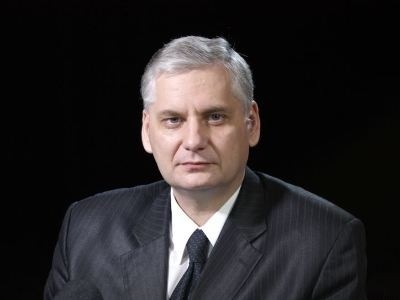Currently, two issues –- the status of Nagorno-Karabakh and the status of the districts adjacent to Nagorno-Karabakh are being discussed within the framework of the negotiation process over the settlement of the Nagorno-Karabakh conflict, Armenian News – news.am cited Russian political analyst Sergei Markedonov as saying on Tuesday.
Markedonov said he doesn’t see big changes in the negotiation process.
The OSCE Minsk Group co-chairs are insisting on the basic principles, as the basis for a settlement, according to him.
He recalled that the co-chairs have recently stated that the principles of self-determination, territorial integrity and non-use of force are equal to one another.
The escalation of violence and the lack of a compromise between the conflicting parties are dangerous, the political analyst said.
He called the recent Vienna talks an attempt to bring the diplomatic process up to a certain level. “However, I can’t guarantee a renewed escalation in the near future.”
With regard to Russian co-chair Igor Popov’s statements that Nagorno-Karabakh must return to the negotiating table at a certain stage, Markedonov recalled that the last paragraph of the updated Madrid principles is about it.
“This paragraph envisages mandatory legal referendum on the status of Karabakh, self-determination of the people of Karabakh, but the problem is that the co-chairs and the countries backing them can’t carry out this decision without the consent of Azerbaijan,” he said, emphasizing that the Azerbaijani Constitution disallows the holding of a referendum on its territory.
Markedonov said he doesn’t believe that Nagorno-Karabakh will soon join the negotiation process as a party, because it is quite difficult.
“However, the definition of the status quo of Nagorno-Karabakh will be on the agenda as the main principle of settlement,” he said.
The political analyst underlined that confidence-building measures are clumping at zero.
The Nagorno-Karabakh conflict entered its modern phase when the Armenian SRR made territorial claims against the Azerbaijani SSR in 1988.
A fierce war broke out between Azerbaijan and Armenia over the Nagorno-Karabakh region of Azerbaijan. As a result of the war, Armenian armed forces occupied some 20 percent of Azerbaijani territory which includes Nagorno-Karabakh and seven adjacent districts (Lachin, Kalbajar, Aghdam, Fuzuli, Jabrayil, Gubadli and Zangilan), and over a million Azerbaijanis became refugees and internally displaced people.
The military operations finally came to an end when Azerbaijan and Armenia signed a ceasefire agreement in Bishkek in 1994.
Dealing with the settlement of the Nagorno-Karabakh conflict is the OSCE Minsk Group, which was created after the meeting of the OSCE Ministerial Council in Helsinki on 24 March 1992. The Group’s members include Azerbaijan, Armenia, Russia, the United States, France, Italy, Germany, Turkey, Belarus, Finland and Sweden.
Besides, the OSCE Minsk Group has a co-chairmanship institution, comprised of Russian, US and French co-chairs, which began operating in 1996.
Resolutions 822, 853, 874 and 884 of the UN Security Council, which were passed in short intervals in 1993, and other resolutions adopted by the UN General Assembly, PACE, OSCE, OIC, and other organizations require Armenia to unconditionally withdraw its troops from Nagorno-Karabakh.


